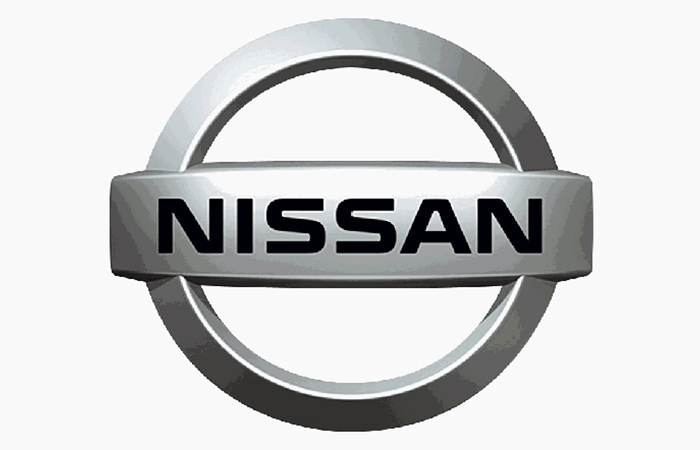
Nissan Reports Nine-Month Results for Fiscal Year 2017
Nissan Motor Co., Ltd. today announced financial results for the nine-month period to December 31, 2017.
Nissan generated an operating profit of 364.2 billion yen on net revenues of 8.53 trillion yen, equivalent to an operating margin of 4.3%. During the period, the Group’s performance was adversely impacted by special items related to the final vehicle inspection issue in Japan, along with slowing sales growth, negative pricing trends and inventory adjustments in the U.S. market.
Net Income reached 578.1 billion yen, up 163.9 billion yen, as the reduction in operating profit was more than offset by increased net non-operating income and the favourable impact of U.S. tax reform.
Nine-Month Financial Highlights
The following table summarizes Nissan’s financial results for the nine-month period to December 31, 2017, calculated under the equity accounting method for the Group’s China joint venture.
Year-on-year comparisons impacted by FY17 special items related primarily to final vehicle inspection issue in Japan and FY16 divestiture of Calsonic Kansei.
Based on average foreign exchange rates of JPY 111.7/USD and JPY 128.6/EUR
Under the equity accounting method for the joint venture in China, Nissan reported an operating profit of 122.0 billion yen for the three-month period ending December 31, 2017, excluding the special items. The loss on special items in the third quarter totaled 39.6 billion yen – resulting from production disruption and higher domestic sales expenses associated with the final vehicle inspection issue. Including these special items, operating profit for the three-month period ending December 31, 2017 was 82.4 billion yen.
For the nine-month period, on a management pro forma basis which includes the proportionate consolidation of results from Nissan’s joint venture operation in China, operating profit was 474.8 billion yen on net revenues of 9.42 trillion yen.
Sales performance
For the nine-month period to December 31, 2017, Nissan’s global unit sales were 4.109 million units, an increase of 2.9% over the same period of fiscal year 2016.
In Japan, unit sales increased by 9.7% to 378,000 units as a sharp rise in mini-car demand offset a 3.4% decrease in registered car sales to 252,000 units due to the final vehicle inspection issue.
In the U.S., Nissan sales increased by 1.1% to 1.177 million units as demand continued for the Rogue and Rogue Sport.
Nissan unit sales in China, which reports figures on a calendar-year basis, increased 9.8% to 1.02 million units, representing a market share of 5.3% for the nine-month period, up 0.3 percentage points. For the 12 months to the end of December, Nissan sales outpaced the market and increased 12.2% to 1.52 million units. The company’s calendar-year market share reached 5.6%, up 0.6 percentage points versus the prior year.
In Europe, including Russia, sales rose 0.3% to 544,000 units, equivalent to a market share of 3.7%. In other markets including Asia and Oceania, Latin America, the Middle East and Africa, sales increased by 2% to 607,000 units due amid increased demand for models such as the Nissan Kicks and Datsun redi-GO.
Outlook
Given the performance in the first nine months of the year, the company has revised its full-year forecasts. It expects to sell 5.78 million units in fiscal 2017.
The company has filed the following revised fiscal-year forecasts to the Tokyo Stock Exchange. Calculated under the equity accounting method for Nissan’s joint venture in China, the forecasts for the fiscal year ending March 31, 2018 are:
[1] Since the beginning of fiscal year 2013, Nissan has reported figures calculated under the equity method accounting for its joint venture with Dong Feng in China. Although net income reporting remains unchanged under this accounting method, the equity-accounting income statements no longer include Dong Feng-Nissan’s results in revenues and operating profit.
2 Net income attributable to owners of the parent



























